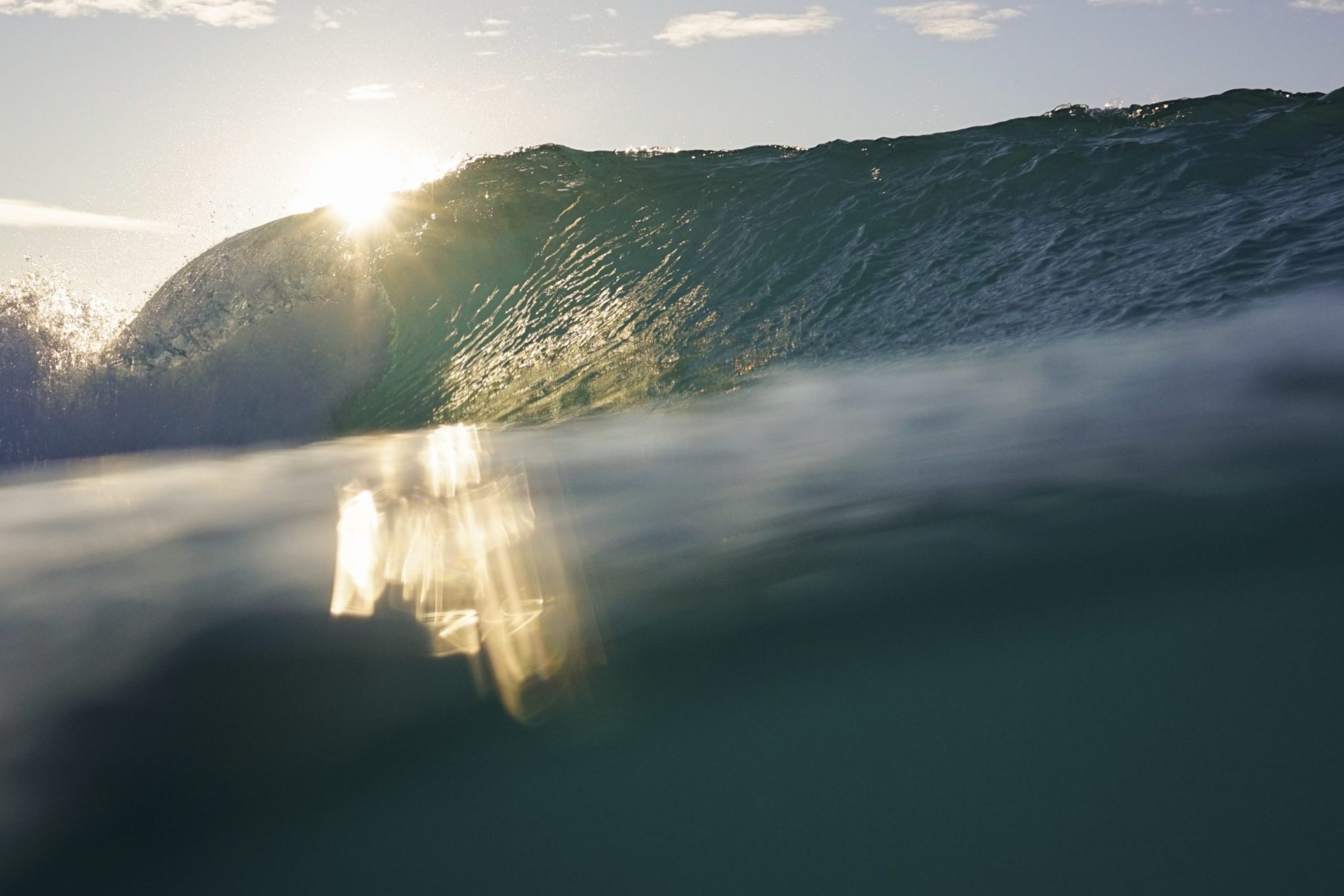Cold water has been receiving a lot of attention of late, being touted as a treatment for depression, a way to slow down dementia and a brilliant boost for our immune systems, amongst other benefits. Cold-water immersion (CWI) is a part of the blue health research field and something we have a huge interest in at The Wave. As the temperature drops, we thought we would take a look at some of the science and anecdotal evidence behind the cold water movement.
The modern CWI movement may date back to the mid 1990s, when doctors in Germany discovered that swimming in cold water reduced uric acid and enabled patients to cope better with stress. (Siems et al., 1994)
Anyone who has ever plunged into a cold pool knows how our bodies react to cold water in the short term, and certainly there are some cosmetic benefits. Cold water makes your skin’s pores tighter and your hair follicles flatter and therefore shinier. Cooler water also boosts lymphatic drainage and blood circulation, and it can stimulate brown fat, leading to reductions in weight; scientists have suggested that taking a daily cold shower could lose you 4kg a year!
There are deeper health benefits too. Repeated cold water immersion can reduce the body’s propensity to become inflamed and people with low inflammation have been shown to be more likely to live up to 100 years or longer. Low inflammation has also been associated with lower rates of depression. Although the effect seems to reduce as the body becomes used to regular cold-water dips, researchers have found that colder water appears to trigger the release of the chemicals dopamine and serotonin and beta- endorphins, which are linked to improved mood and reduced feelings of depression. A group of sea swimmers from Croyde in Devon are currently taking part in research into the benefits of a dip in the ocean on their mental health. Doctors and psychiatrists will be analysing the responses of swimmers and the results are expected in the next six months and researchers say it could lead to more GPs socially prescribing cold water swimming
It is possible that CWI also boosts the immune system because when your body enters cold water, the shock triggers the release of stress hormones; some researchers argue that this short-term stress readies the immune system to deal with injury or infection.
It is now also thought that exposure to cold water could also be a factor in preventing dementia. In October 2020 researchers from University of Cambridge, released results of a study looking at cold water swimmers at London's Parliament Hill Lido, that showed their blood contained increased levels of a "cold-shock" protein. The protein has been shown to slow the onset of dementia and even repair some of the damage it causes in mice. Prof Giovanna Mallucci, who runs the UK Dementia Research Institute's Centre at the University of Cambridge, says the discovery could point researchers towards new drug treatments which may help hold dementia at bay.
So it seems that the case for CWI is definitely gathering pace.
Cold-water surfing – surfing in colder, remote places where the water is around eight degrees or lower – has its own health and wellbeing benefits. It has something in common with other activities grouped together under the banner of CWI.
Cold-water surfers may also be driven more by the strong sense of a challenge and comradeship. Tom Kay is the founder of Cornish clothing label Finisterre, which makes apparel for cold-water surfers.
He says:
“As warm-water spots got more crowded, it pushed people to go further, discover more and travel to new places. We’re not saying that people shouldn’t go off somewhere nice and hot and surf for a fortnight. But sometimes it’s about the reward of going through the hardship, knowing the conditions, reading the charts and studying the maps to find that next secret gem. The people you have with you, the camp, the adventure, getting off-grid - the whole experience feeds off that camaraderie.” Tom Kay Founder of Finisterre
This combination of adventure, camaraderie and cold water feels very powerful to us.
To find out more about cold water immersion (including all references) and the wider blue health benefits of water and surfing download out Into the Blue report
